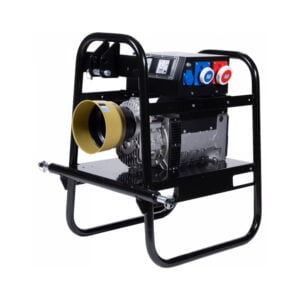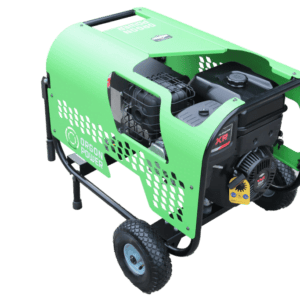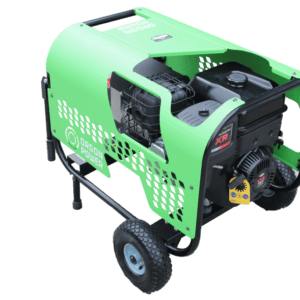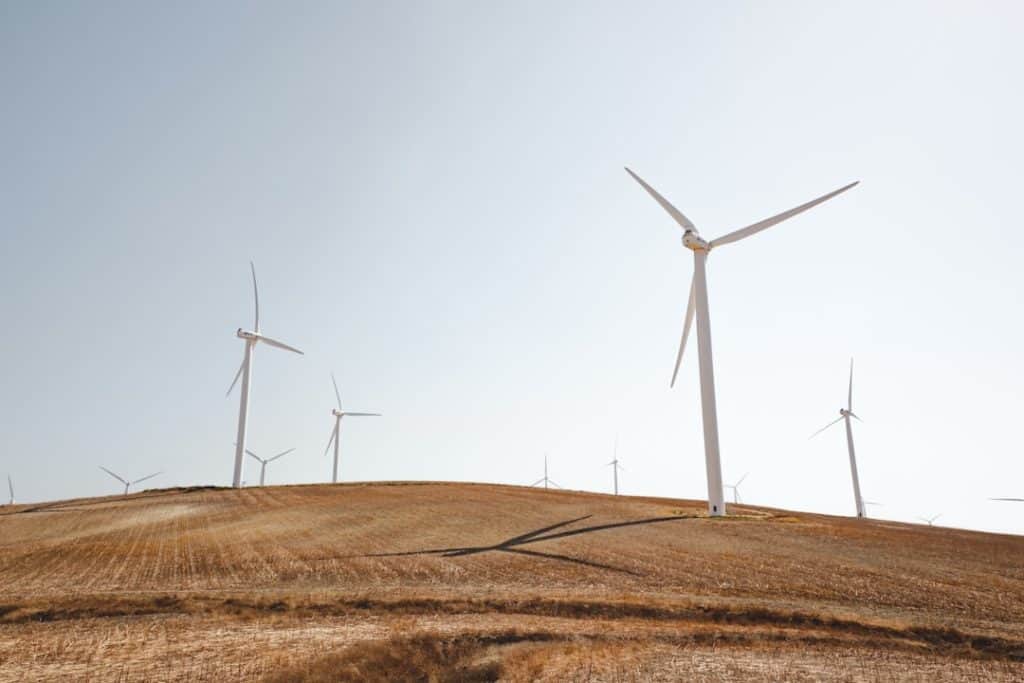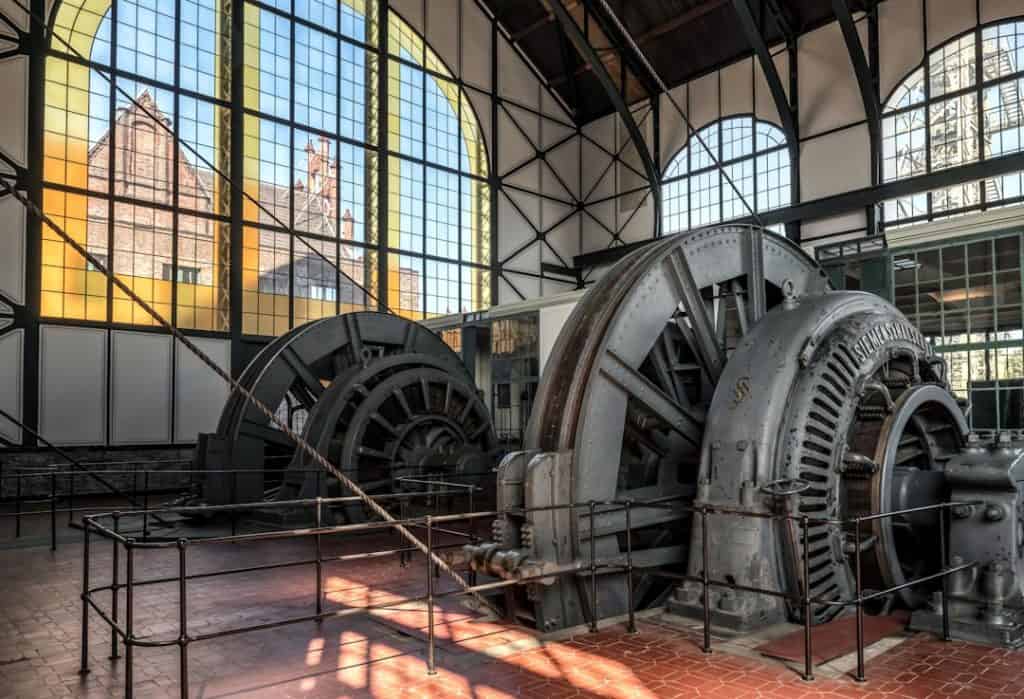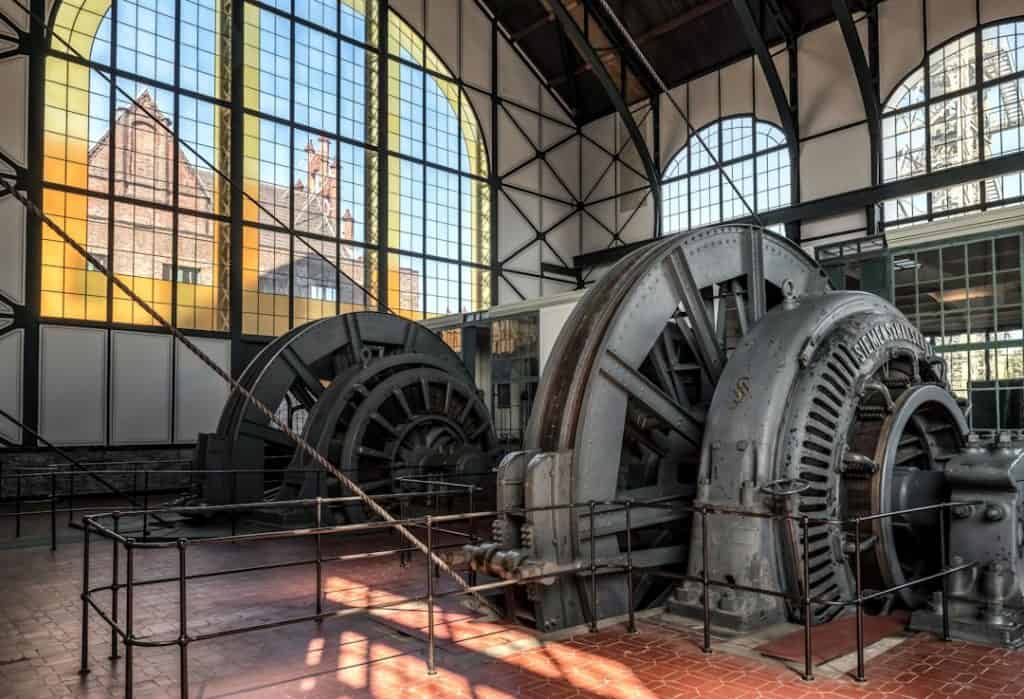When choosing a home generator, it is necessary to consider several key factors. First, the specific power needs should be determined, including the type and number of devices to be run. The power of the unit is measured in watts (W) or kilowatts (kW) and must be sufficient to run all planned devices at the same time.
The types of fuel used by generators include gasoline, diesel, and propane, each with their own advantages and disadvantages in terms of efficiency, availability, and cost. Noise level, expressed in decibels (dB), is an important factor, especially in densely populated areas where there are restrictions on noise levels. Aggregate portability depends on its weight and dimensions.
Stationary aggregates are suitable for constant power supply, while portable models are more flexible for different applications. It is important to consider additional functions such as automatic start, display for monitoring operation and overload protection. The prices of aggregates vary depending on the power, quality of construction and additional functions.
It is necessary to compare the initial price with the long-term costs of maintenance and fuel consumption. Also, you should check the warranty and service availability. When purchasing, it is recommended to consult with an expert to ensure that the selected aggregate meets all technical and safety standards, as well as local regulations on the use of aggregates.
Key Takeaways
- Choose a home generator according to the required power and type of fuel
- Important selection factors include power, noise, fuel and mobility
- Different types of generators include gasoline, diesel and solar powered, each with its own advantages
- Clean the filters and change the oil regularly to keep the unit in good condition
- Store the aggregate in a dry place, out of the reach of children and protect it from moisture and dust
- Pay attention to the correct connection and use of the generator to avoid electric shocks
- Service the generator regularly and use it according to the instructions to extend its life
Important factors when choosing a home aggregate
When choosing a home generator, it is important to consider several key factors that will affect the quality and efficiency of the device itself. One of the most important factors is the generator power, which will determine how many appliances you can run at the same time. Power is measured in watts (W) or kilowatts (kW), so it is important to carefully calculate how much power you need in order to avoid buying a generator that is too powerful or too small.
Also, it is important to pay attention to the type of fuel that the generator uses, as this can affect the price of fuel and its availability. In addition, it is important to consider the autonomy of the unit's operation, that is, how long it can work without the need for refueling. This is especially important if you live in an area with frequent power outages or if you plan to use the generator for long periods.
Also, it is important to take into account the additional functions that the aggregate may have, such as automatic shutdown in case of overload or low fuel level, as well as the possibility of remote control or monitoring of operation via a mobile application.
Different types of home aggregates and their advantages

There are different types of home generators, and each of them has its own advantages and disadvantages that should be considered when choosing. One of the most common types of generators is the gasoline generator, which is popular due to its portability and the ability to use it outside the home. Gasoline generators are usually smaller and lighter than other types of generators, making them suitable for camping or other outdoor activities.
Also, gasoline engines are usually more affordable and easier to maintain. In addition to gasoline, there are also diesel units that are known for their efficiency in fuel consumption and durability. Diesel generators are usually more powerful than gasoline ones, so they are suitable for starting larger appliances or even as a backup source of energy for the house.
Also, diesel units are less noisy than gasoline ones, which makes them suitable for use in urban areas. In addition to these traditional types of aggregates, there are also solar aggregates that use solar energy as a power source. These aggregates are environmentally friendly and economical in terms of fuel, but they have limited operating autonomy and are not suitable for use at night or on cloudy days.
Tips for maintaining a home generator
| Tips for maintaining a home generator |
|---|
| Check the oil level regularly and top up if necessary |
| Clean the air filter to keep the engine in good condition |
| Check the spark plugs and change them according to the manufacturer's recommendations |
| Regularly clean and lubricate the generator starting mechanisms |
| Keep the unit away from moisture and extreme temperatures |
Maintaining your home generator is crucial to ensure its longevity and efficiency. The first rule of maintenance is to regularly clean the unit to remove dust, dirt and other impurities that can affect the operation of the engine. Also, it is important to regularly check the oil and fuel level to make sure that the unit is ready for use in case of need.
Also, regular replacement of air and fuel filters can also improve the performance of the engine and extend its life. In addition, it is important to regularly check all electrical components to ensure that there is no damage or current leakage. Also, it is advisable to regularly test the operation of the unit to make sure that everything is working as it should.
If you notice any problems or irregularities in the operation of the unit, it is important to react immediately and contact an expert in order to solve the problem before more serious damage occurs.
How to properly store the home generator
Proper storage of the home generator is crucial to ensure its longevity and prevent damage due to improper storage. The first rule of storage is to store aggregates in a dry place where there is no possibility of penetration of moisture or other harmful influences. Also, it is important to store the unit out of direct sunlight to prevent overheating or damage to the plastic.
In addition, it is important to regularly check the condition of the battery if the generator has one, in order to prevent leakage or damage due to prolonged standing. Also, it is important to start the generator regularly even during periods when it is not in use in order to maintain the functionality of the engine and electrical components. If you plan to store the unit for a longer period, it is recommended to empty the fuel tank to prevent the formation of deposits or the deposition of harmful substances inside the engine.
Also, it is advisable to regularly check the condition of the ignition cable to prevent oxidation or damage to the insulation due to prolonged standing.
Safety aspects when using a home generator

Using a home generator can be dangerous if certain safety measures and protocols are not followed. The first rule of safety is to place the unit in a safe place out of the reach of children or pets in order to prevent injury or damage due to improper use. Also, it is important to place the unit on a flat surface to prevent tipping or damage due to instability.
In addition, it is important to regularly check the condition of the power cord to prevent injury from current leakage or short circuits. Also, it is important to use the correct extension cables and plugs that are suitable for use with the unit in order to prevent inconvenience or damage due to equipment incompatibility. It is also important to regularly check the condition of the engine and electrical components to prevent injury or damage due to improper operation.
How to extend the life of a home generator
Extending the service life of the home unit can be achieved by regular maintenance and proper use of the device. Regular cleaning of the engine and filter can improve the performance of the unit and extend its life. Also, regular oil and filter changes can also improve engine performance and reduce the risk of damage due to improper maintenance.
In addition, it is important to use quality fuel that meets the manufacturer's specifications to prevent deposits or deposits inside the engine. Also, it is important to avoid overloading the aggregate in order to prevent excessive fuel consumption or damage to the engine due to excessive effort. Also, it is important to regularly check the condition of the ignition cable to prevent current leakage or damage due to improper operation.
If you notice any problems or irregularities in the operation of the unit, it is important to react immediately and contact an expert in order to solve the problem before more serious damage occurs.
FAQs
What are home power generators?
Home generators for electricity are devices that produce electricity in smaller locations where the electricity grid is not available or in the event of a power outage.
How do household power generators work?
Domestic power generators work on the principle of converting mechanical energy into electrical energy. The engine drives a generator that produces electricity.
What are the advantages of using home generators for electricity?
The advantages of using home generators for electricity include independence from the power grid, the possibility of use in emergency situations, as well as the possibility of using electricity in remote locations.
What are the disadvantages of using home generators for electricity?
Disadvantages of using home generators for electricity include the need for regular maintenance, the noise they produce during operation, as well as the emission of gases that can be harmful to the environment.
How to choose a suitable household generator for electricity?
When choosing a home generator for electricity, it is important to take into account the consumption of electricity, the required power of the generator, as well as the type of fuel it uses. It is also important to consider the noise level, as well as the possibility of portability of the unit.

